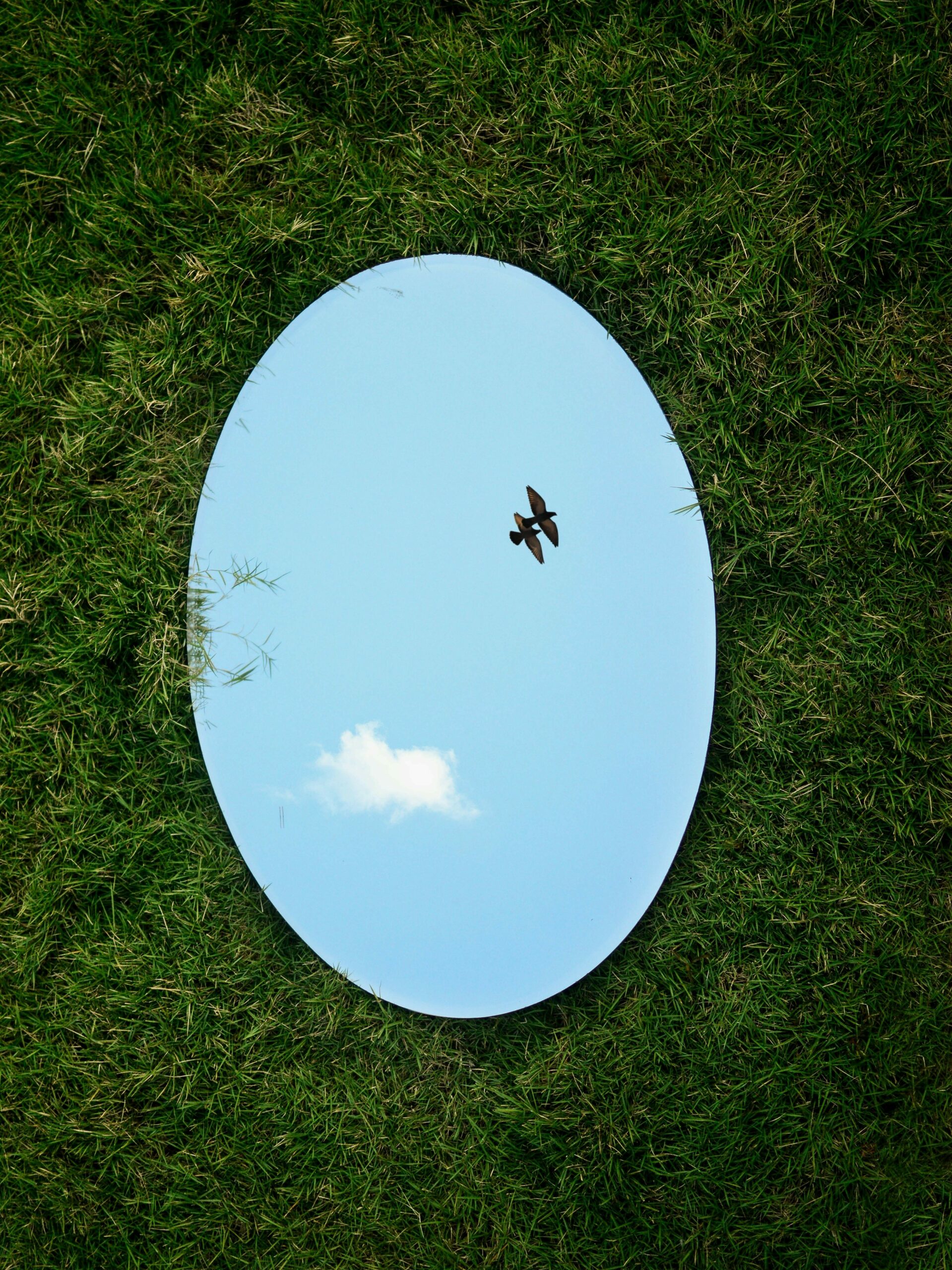I’ve known that I wanted to be a teacher since the 8th grade. I can still vaguely recall the particulars of the exact moment when the thought of being a teacher first came to me. It was during science class, and my teacher had finished the lecture portion of our class and was now directing us towards an assignment. I remember suddenly becoming aware that I was re-explaining the lesson to my friend group, and I was enjoying it. I spent a lot of the rest of my time in high school observing my teachers to learn about teaching.
When I went to University, I thought I’d get a Science degree, I loved Science—still do. But I later realized that I didn’t love Science enough to endure the misery that was written on the faces of Science Majors—if you saw them at all. Honestly, I also didn’t understand how the science I was learning in my undergrad was going to help me better teach my students, and I seriously doubted that I would ever teach them science at the level I was learning. In the end, I knew I wanted to teach elementary school, so the expenses, time, and toil just weren’t justifiable to me. Other things also played out in my life, and long story short, I finished my first year on Academic probation, dropped out of school, and I didn’t go back till 2 years later.
When I returned, I retook all the courses I’d initially taken, and moved to Good Academic standing by the start of second semester but, I was still directionless. So, I took a speckle of classes that interested me, including two philosophy courses.

Image by Jovis Aloor, on Unsplash.
To this day, I’m not entirely sure how philosophy entered my life, but the fibres of my being conspired to tell of how I have always philosophized, and I only found the best path to continue the practice in University. In fact, I’d been reading philosophical works long before those courses, I just didn’t know that’s what they were. I’d also bring philosophy into every subject I studied, with the kinds of questions I asked and observations I made:
- What does that mean for me?
- What does that mean to me?
- What does it mean for others?
- Does it mean anything at all?
- Does it matter either way?
I didn’t know that I was practising philosophy until I was studying it.
So, some time and place between Canadian eco-poetry, Introduction to Women’s Studies, I took Philosophy of Religion. Then, I decided to do a one thing I’d always wanted to do, which was tree plant, before relocating to pursue a Philosophy degree in Kelowna, a thing I had no idea I’d ever wanted to do, in a place I’d never thought I’d live. I moved to Kelowna that fall to take Philosophy at Okanagan College. Somehow, I knew that if I didn’t do this thing for myself, I would always wonder, and regret.
Covid really impacted my experience, since sharing and manipulating ideas with others is crucial to good learning, and became more difficult (less natural) at this time. Regardless, I loved the content, and the competencies I learned I have been able to apply in every aspect of my life. As I move into teaching, I have never felt that any subject was so pertinent to our times and so misunderstood, except maybe women or gender, haha.
I have a lot to say about why philosophy is important, but if I had to pick one thing to talk about, to convince anyone, today, in this year of 2024 CE, I would want to talk about misinformation and the importance of charity in good philosophy.
Problems with misinformation are insidious. In fact, their consequences are very similar to those of a lie, and many would likely agree that misinformation, knowingly given, is akin to lying. Generally, human beings gather information to make decisions, to ensure that their actions lead to their desired results. To ground this idea out of abstraction, let me draw an analogy. ! Please feel free to skip over the following analogy if you think you got the gist of what I mean!
Say you want to boil water to make tea. You will make many suppositions about kettles, outlets, water and more, according to the information you have about these. Such as, that water boils and can be used for brewing tea from tea leaves, that kettles can contain water and bring it to a boil, and that they do so using electricity, which can be accessed via an outlet within a building which has been fitted with the needed electrical outfit. Thus, when you fill a kettle, and then plug its cords into an electrical outlet, and turn the kettle on, you suppose that the actions that you have taken thus far will lead to your desired outcome, that you will have boiled water to make tea, probably in a pot. However, if you became misinformed about, say, what liquid should be boiled to make tea, your behaviours would change accordingly to produce your desire outcome. For example, if you knew honey and milk were in tea, but didn’t know these were added to water, you might try to boil honey and milk in your kettle to brew your tea. This is why misinformation is so dangerous, it changes the way people act, but since misinformation, like a lie, does not match up with reality, then actions with expected results will often lead to unexpected results, which can often be damaging.

Image by Maheima Kapur, on Unsplash.
This is one of the most important reasons why we look for truth. When we have the truth, we can operate in the world in a way that is more likely to help us reach our desired outcomes. In a world where people are misinformed, the options have become limited in a way that can often harm them. So, the truth can be a powerful tool for good, and uncovering personal, metaphysical, spiritual, epistemological, and other truths, is what philosophy is all about.
However, truth is rather subjective–unless you think it’s not. And that, right there, captures a lot of the problems of uncovering truths: are they universal or particular, and since different people say differently, how can we know whose truth is true? This brings me to the importance of charity for others.
Though a simple sentiment was likely felt in every day and age, there is a sense that the views among people are becoming very polarized, especially over social media. For many of us, we have this sense of a growing divide that likely parallels other social, economic and political divides. It seems that people hold such strong views that just hearing them would put a sour taste in our mouths. What is striking, though, is that these divides are, like a wide river, creating such a gap between one side of the bank to the other, that it is no longer possible to properly hear what the other is saying, and it is even becoming difficult to recognize the people on the other side as sharing aspects of our human existence and humanity. We all know of the kinds of atrocities, large and small, done by human beings to other human beings when we dehumanize others. Having charity for others, in Philosophy, is all about seeing their point of view in its strongest form, even if it isn’t fully presented that way. Whether you are arguing for or against that argument, dealing with the best of it, and the best of its proponent, helps you better understand the argument, its power to sway, and where its true shortcomings are. Philosophy, in its truest form, is about trying to understand. When we truly engage with others and their views at their best, then we are perceiving the worth in them and what they have to say, and this is important since, there is, as yet, no universal human consensus on how to determine truth. Thus, operating in the world requires navigating many truths and falsities. Yet, hearing someone out is often powerful enough to uncover a truth, and far more effective than arguing ever could be. Hence, the importance of charity.
Today, as a student of Education, every day in the program reinforces my deep-founded conviction that Philosophy is very important and relevant. Of course, implementing philosophy in my classroom will very likely rarely be a study of a philosophical work or person, but instead, about embedding the competencies of critical and creative thinking, personal and social awareness and responsibility, and communication and collaboration into the classroom. Once more, I’m biased in my lens, but I see it as no coincidence that the core competencies of our curriculum are exactly the skills that make for a good philosopher.